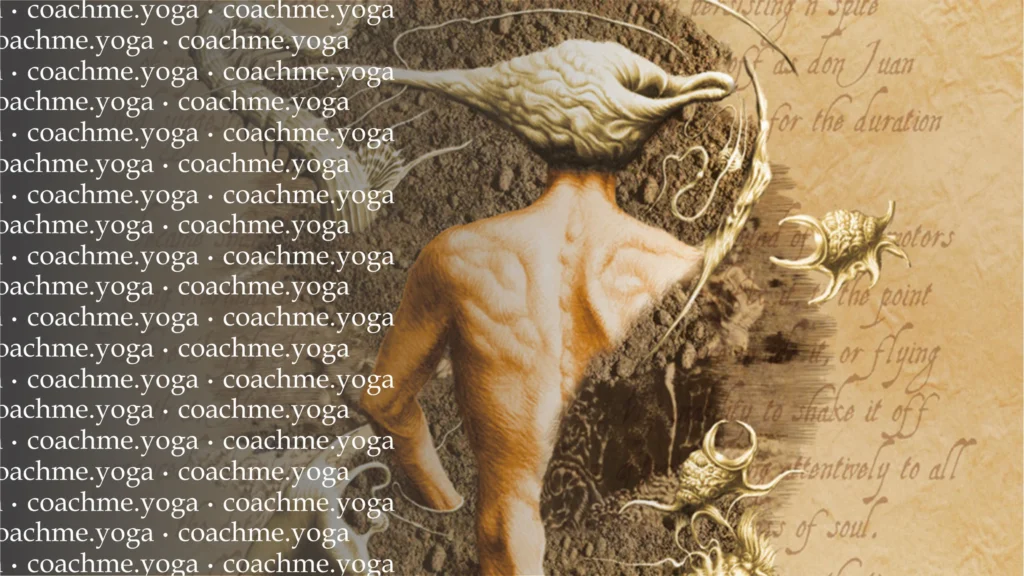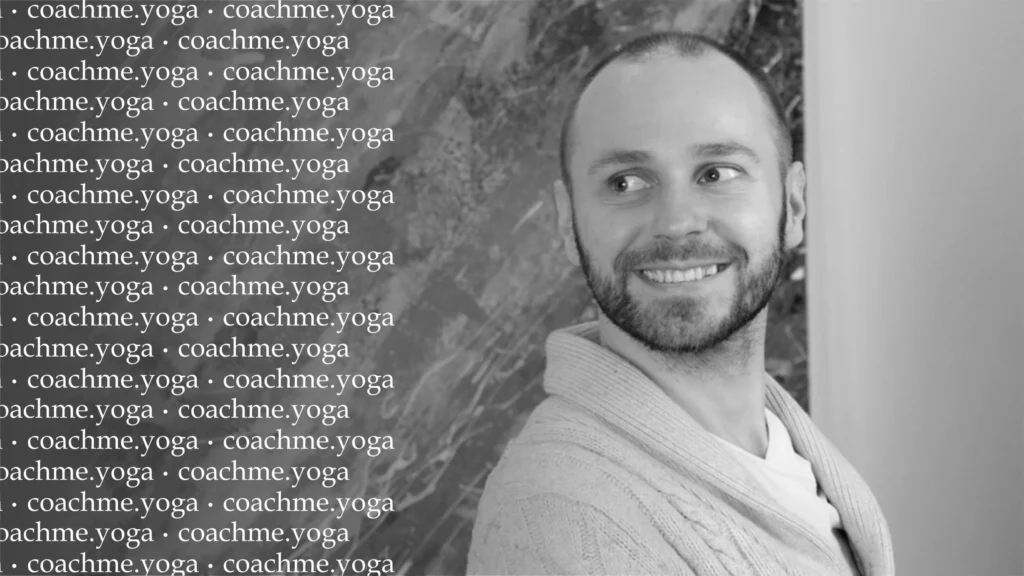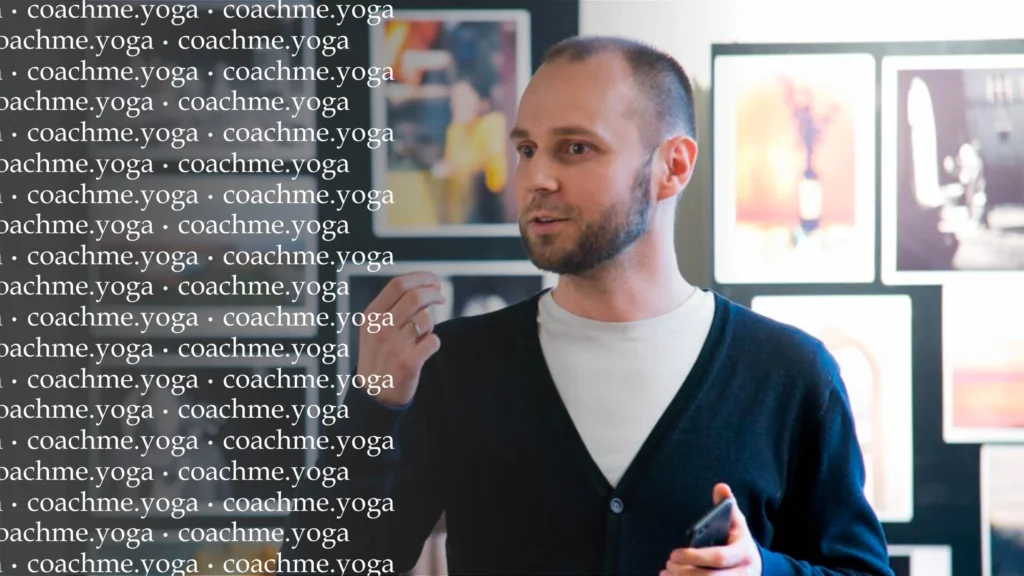Don Juan About the Obstacles of the Knowledge

Friends, in this article I am quoting an excerpt from Carlos Castaneda’s first book, The Teachings of Don Juan. In my opinion, this quote captures in detail the essence of the obstacles that the spiritual seeker, regardless of the tradition he practices, encounters on his path. I am doing this for myself as well, so that I can periodically discover and recall the sequence.
– When a person begins to learn, he never has a clear idea of the obstacles. His goal is vague, his intention unstable. He expects rewards that he will never receive because he is not yet aware of the challenges ahead.
Gradually he begins to learn, little by little at first, then more and more successfully. And soon he becomes confused. What he learns never matches what he imagines, and fear grips him. The teaching is never what is expected of him. Every step is a new challenge, and the fear one feels grows unrelenting and relentless. His goal turns out to be a battlefield.
And thus his first natural enemy appears before him: Fear! A terrible enemy, insidious, relentless. He lurks around every corner, sneaking up and waiting. And if man, trembling in his face, turns to flee, his enemy will put an end to his efforts.
– What is going on with this man?
– Nothing special, except that he will never learn. He will never become a man of knowledge. He may become a chatterbox or a harmless frightened man; but at any rate he will be defeated. The first enemy put him in his place.
– What must you do to overcome fear?
– The answer is very simple: don’t run away. A man must conquer his fear and, in spite of it, take the next step in learning, and another step, and another. He may be utterly terrified, and yet he must not stop. That is the rule. And the day will come when his first enemy will retreat. The man will feel confident in himself. His intention will be strengthened. Learning will no longer be a daunting task. When that happy day arrives, the man can say without hesitation that he has conquered his first natural enemy.
– Does it happen all at once or gradually?
– Gradually, and yet the fear disappears suddenly, in an instant.
– Can a person experience it again if something unexpected happens to him?
– No. He who once overcomes fear is free from it for the rest of his days, because instead of fear comes clarity, which dispels fear. By this time one knows all his desires and knows what to do with them; he can discover or take new steps in learning, and all his actions are pervaded by a sharp clarity. The person feels that there are no mysteries for him.
And so he meets the second enemy: Clarity! This clarity, so difficult to achieve, dispels fear, but it also blinds. It makes one not doubt oneself. It gives him the certainty that he sees clearly through everything. Thanks to this clarity, courage comes to him, he will stop at nothing. But all this is a delusion: it is like something incomplete. If a man succumbs to his imaginary power, then he is defeated by the second enemy and will trample on his learning. He will rush forward when he must wait, or he will bide his time when he must not delay. And so he will stagnate until he is exhausted and loses the ability to learn anything else.
– What would happen to him after such a defeat? Will he die as a result?
– No, he will not die. Simply a second enemy has blocked his path; and instead of a man of knowledge, he may become a brave warrior or, say, a jester. But the clarity for which he paid so dearly will never again be replaced by darkness and fear. He will see clearly for the rest of his days, but he will never learn anything else or strive for anything else.
– So what should he do to avoid defeat?
– It’s the same with fear: defeat the clarity and use it only to see and wait patiently, and before each new step, to weigh everything carefully; and above all, to know that his clarity is, in fact, illusory. And one day he will see that the clarity was only a point before his eyes (i.e., a hypnotizing point of reference). Only in this way will he be able to overcome his second natural enemy and reach a position where nothing can hurt him anymore. And it will not be a delusion, just a point in front of his eyes. It will be true power.
At this point it will become clear to him that the power he has been chasing for so long finally belongs to him. He can do whatever he wants with it. His ally is at his disposal. His will is the law. He sees through everything around him. This means that the third enemy is in front of him: The Force!
It is the most formidable enemy. And, of course, the easiest thing to do is to simply surrender; for, after all, its owner is truly invincible. He is a master who first takes deliberate risks and ends up laying down the law because he is the master.
Here a man rarely notices the third enemy, who is already looming over him. And he does not suspect that the battle is already lost. He is turned by his enemy into a cruel, capricious man.
– Will he lose his power?
– No; neither clarity nor strength will he ever lose.
– How, then, would he be different from a man of knowledge?
– The man, defeated by the force itself, dies without really knowing what to do with it. Power is only a burden on his fate. Such a man is not in control of himself and cannot tell when and how to use his power.
– Is defeat by any of these enemies final?
– Of course. Once a man is defeated, there is nothing he can do about it.
– Can someone who is defeated by force, for example, see his mistake and correct it?
– No. If the man has surrendered, he’s done.
– But what if he was only temporarily blinded by power and then gave it up?
– Well, then, all is not lost; it means that he is still trying to become a man of knowledge. Man is defeated only when he has abandoned all attempts and renounced himself.
– But in this case it turns out that a person can deny himself and experience fear for years, but in the end conquer it.
– No, that’ s not true. If he has succumbed to fear, he will never conquer it, because he will avoid teaching and will never dare to try again. But if for years, even in the midst of his fear, he will not give up trying to learn, then he will sooner or later conquer fear, because, in fact, he has never succumbed to it.
– How do you defeat the third enemy, Don Juan?
– He must conquer it with understanding. The man must come to understand that the power he seems to have conquered does not and can never really belong to him. He must establish himself in unwavering self-control, soberly and unselfishly taking advantage of all he has learned. If he is able to see that without self-control, clarity and power are worse than illusion, he will reach a point where everything is in his subjection. Then he will know when and how to use his power. That will mean that he has conquered the third enemy and has come to the end of his wanderings in learning.
– And then, without any warning, the saddest enemy comes to him: Old Age! This is the cruelest enemy, who cannot be defeated, but can only postpone his defeat.
It is the time when man is rid of his fears, of his unrestrained and insatiable lucidity, the time when all his strength is at his disposal, but also the time when he is seized by an irresistible desire to rest, to lie down, to forget himself. If he gives it free rein, if he lulls himself into fatigue, he will miss his last fight, and the sneaking enemy will smite him, turning him into a worthless old creature. The desire to retreat will eclipse his clarity, will erase all his strength and all his knowledge.
But if a man shakes off his fatigue and lives his destiny to the end, then he can indeed be called a man of knowledge, even if only for a brief moment, if only for that brief moment when he manages to drive away the last and invincible enemy. But that moment of clarity, strength, and knowledge is enough.
Source
- Карлос Кастанеда. “Учение Дона Хуана”. Перев. с англ. – М.: ООО Книжное издательство “София”. 2014. 288 с. (отрывок на старицах 85 – 89).






Responses